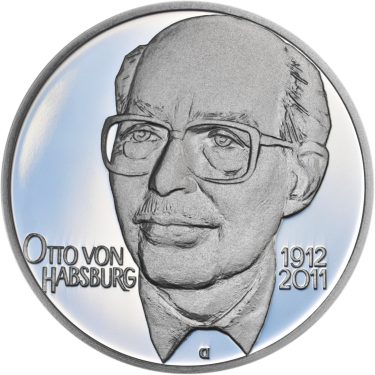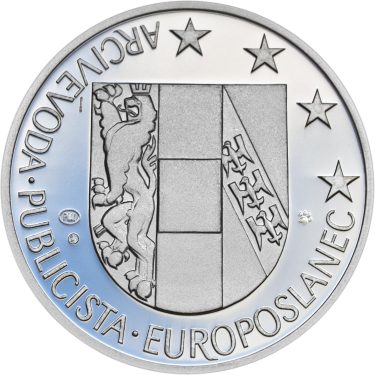Otto von Habsburg - 100. výročí narození Ag proof
BEST SELLERS
diameter: 37 mm
weight: 31,1 g
purity: 999/1000 Ag
edge plain, numbered
limited mintage quality proof: 368 pcs
limited mintage of unc. quality: 74 pcs issue day: 2012
Objednávkový kód: CRM906
weight: 31,1 g
purity: 999/1000 Ag
edge plain, numbered
limited mintage quality proof: 368 pcs
limited mintage of unc. quality: 74 pcs issue day: 2012
Objednávkový kód: CRM906
KRÁSA POD LUPOU
Fotografie použity se svolením Zlatemince.cz.
Fotografie použity se svolením Zlatemince.cz.



